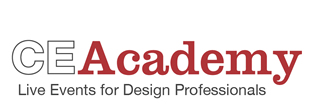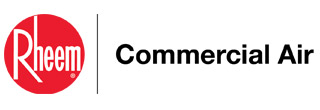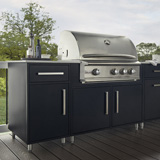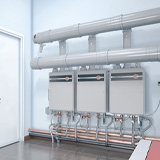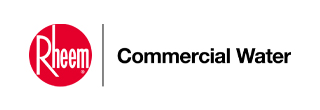JOIN US FOR EACH PRESENTATION • FREE TO ATTEND! • ATTENDANCE REPORTED ON A PER-PRESENTATION BASIS
Web-Series for Eastern Region - Session Three
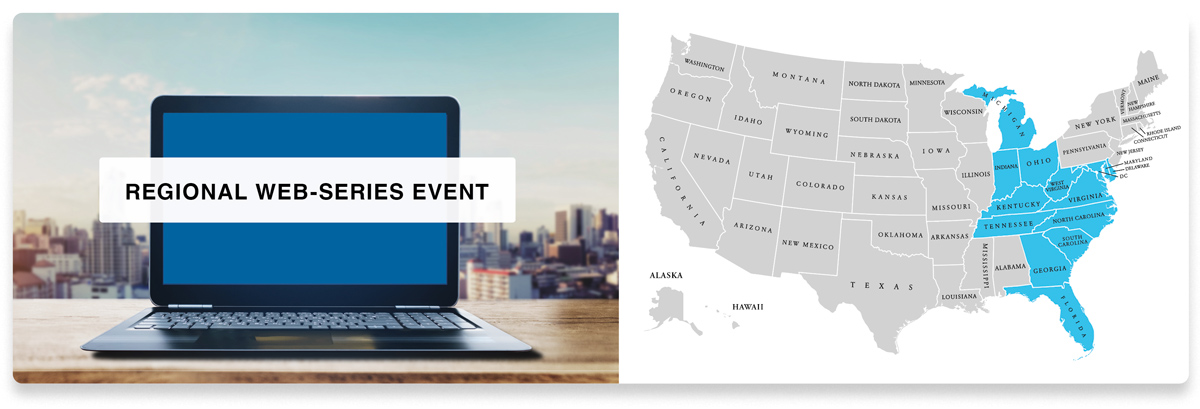
Web-Series for Eastern Region - Session Three
Event Dates
Wednesday, July 26
Available Credits
3 AIA HSW/LU CE Hour(s)
2 RCEP PDH(s) for Engineers
1 GBCI General Hour
Event Agenda
Wednesday, July 26, 2023
Wednesday, July 26, 2023 | 10:00 am Central
|
Sponsored By Rheem Commercial Air 1 AIA HSW/LU CE Hour(s) 1 GBCI General Hour 1 RCEP PDH(s) for Engineers Learning Objectives:
|
Wednesday, July 26, 2023 | 11:00 am Central
|
Sponsored By Wolf Home Products 1 AIA HSW/LU CE Hour(s) 1 GBCI General Hour Learning Objectives:
|
Wednesday, July 26, 2023 | 1:00 pm Central
|
Sponsored By Rheem Commercial Water 1 AIA HSW/LU CE Hour(s) 1 RCEP PDH(s) for Engineers Learning Objectives:
|
